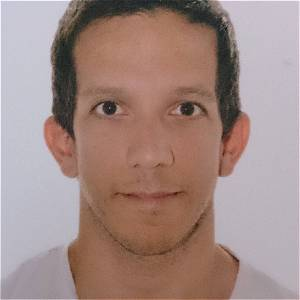Se: Optimized renewable energy supply for a sustainable Recirculating Aquaculture System (RAS)
Recirculating Aquaculture Systems (RAS) er energi intensive komponenter innen akvakultur. Dette prosjektet undersøker ulike tilnærminger til utfordringen med å redusere karbon-fotavtrykket til RAS anlegg og optimalisering av tiltak for bruk av en fornybar energiforsyning for RAS. Gikk du glipp av presentasjonen? Se den her!
Hovedinnhold
Gerard Ayuso Virgili er stipendiat ved Høgskulen på Vestlandet, Institutt for maskin- og marinfag.
Abstract
Recirculating Aquaculture Systems (RAS) are energy intensive compared to other aquaculture practices. Inherent water treatment units in RAS reduce its environmental impact, but the greater energy demand can increase its carbon footprint. Two actions to mitigate RAS related emissions are operating the RAS in a more energy efficient way and ensuring renewable energy is prioritized to supply the RAS. An alternative RAS operation mode supported by simulations in a numerical model in Matlab coupled with Aspen HYSYS is proposed to reduce energy demand for a case study. To supply RAS in remote locations favourable for aquaculture in Norway, the cost efficiency of an autonomous hybrid renewable energy system with energy storage needs to be studied. Wind, solar, and wave energy is harvested, and energy is stored in batteries and as hydrogen to balance the grid and prevent energy shortage. Several configurations of a hybrid energy system with specific combinations of wind, solar and wave power capacities are considered. Hourly weather data between 2012 and 2021 is employed to compute the autonomous grid’s mismatch and simulate the energy system’s performance.
